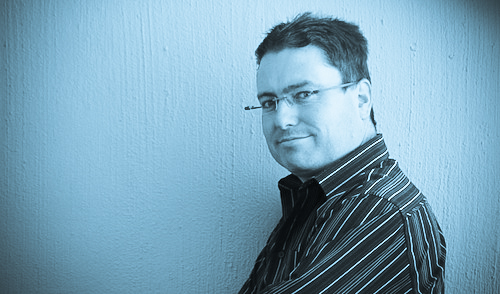
[By Duncan McLeod]
Communications minister Roy Padayachie’s meeting on Friday with executives of 30 of SA’s largest technology companies was well received. It has helped establish a much-needed discourse between government and the private sector. What happens next will be much harder.
Padayachie’s predecessor but one, Ivy Matsepe-Casaburri, mollycoddled companies in her portfolio, including Sentech and Telkom, refusing to veer from her failed policy of “managed liberalisation” (code words for protectionism). Only when technology company Altech challenged her in court — and won — was the telecommunications sector prised open to more competition. On her watch, established licensees were protected for too long, keeping prices high and undermining new investment in telecoms infrastructure.
Fortunately, the industry has undergone dramatic changes since Altech’s court victory. Now, under Padayachie, the potential exists for further significant improvements.
Government’s focus remains on taking telecoms infrastructure into rural and underserviced areas. And rightly so; World Bank research shows expanding teledensity has a direct impact on economic growth.
The question is how to get there. Left-leaning politicians and trade unionists often lament how SA’s private sector has failed to deliver telecoms services to all. Matsepe-Casaburri’s answer to this perceived failure was to grant valuable licences to state-owned broadcasting signal distributor Sentech to establish a wireless broadband network. But Sentech, after squandering hundreds of millions of rand of taxpayers’ money, was forced to exit the market after demonstrating that it was incapable of competing with rivals such as MTN, Telkom and Vodacom.
Then former public enterprises minister Alec Erwin, frustrated that his cabinet colleague had failed to do anything to bring down broadband prices, also turned to state machinery to try to deal with the problem. The result was Broadband Infraco, a state-owned wholesale infrastructure provider. Infraco is now plagued by allegations of corruption and its CEO, Dave Smith, resigned last week just months after the company began offering services commercially.
Now Padayachie wants Sentech and Infraco to work together to provide telecoms services to marginalised areas. Unfortunately, this represents a continuation of the same failed ideological thinking of Erwin and Matsepe-Casaburri: that government is better able to deliver telecoms services to everyone than commercial enterprise.
There’s no doubt that the state has a role to play in directing policy, encouraging competition, and even directing funds to infrastructure development where it’s simply not profitable for commercial operators to provide services. But setting up the state to compete with private operators is a dreadful idea. Private companies, competing in an efficient and open market (those last few words are key), will always deliver a better outcome than a lumbering state-owned enterprise.
So, Padayachie’s meeting with private enterprise this week — and his apparent willingness to consider all sides of the argument — is encouraging. Half the battle for government is convincing private investors, put off by years of policy failure by the state, that they have the same basic objectives.
Last week’s meeting appeared to go a long way in doing that. Government and industry do want the same basic outcome: a competitive and efficient market, a sound regulatory and policy environment that provides certainty to investors, and, ultimately, universal and affordable telecoms services.
Friday’s toenadering between government and industry is an important step. What must be decided now is the best way of getting to the destination. Over that, the dust is far from settled.
- Duncan McLeod is editor of TechCentral; this column is also published in Financial Mail
- Subscribe to our free daily newsletter
- Follow us on Twitter or on Facebook




